Oakland City Council Unanimously Approves Construction of Open-Access Network
City seeks to bring broadband internet to up to 2,500 households
BY CAMERON MARX
May 28, 2025 – The Oakland City Council voted unanimously last week to adopt a Broadband Master Plan that will connect up to 2,500 unserved and underserved households across the city through the construction of an open-access municipal broadband network.
The plan, adopted by a vote of 8-0 on May 20, would entail pursuing public-private partnerships with internet-service providers to “deliver low-cost, high-speed service to residents and fund the maintenance of the network through fees and revenues.”
Estimated to cost $15.6 million to implement, the project will be funded primarily by a $14 million grant from the California Public Utilities Commission, with the city contributing the remaining $1.6 million. The plan outlines a fiber-first approach to broadband deployment, although wireless technologies like LTE and fixed wireless may be used in limited cases.
“We are addressing the digital divide head-on,” said Tony Batalla, Oakland’s Chief Information Officer. “This plan presents how the City can play an active role in ensuring that every resident—regardless of neighborhood or income—can count on reliable, affordable Internet access as a basic right and modern utility.”
First submitted to the CPUC in December 2024, the network intends to serve Oakland Housing Authority affordable housing sites throughout West Oakland, Downtown, Fruitvale, and East Oakland.
The 101-page plan used both quantitative and qualitative data to highlight the effects of past and current digital redlining on the availability of internet throughout the city.
Median download speeds of less than 20 Mbps
Several ZIP codes, concentrated in the southern regions of the city, have median download speeds of less than 20 Megabits per second (Mbps). The plan found that Oakland’s digital divide “mirror[s] the 1937 Home Owners Loan Corporation redlining maps from 1937, established during discriminatory New Deal-era policies.”
The report estimates that 37 percent of the city’s population “never experienced an internet speed that would classify as ‘served’”, and estimates that 33,000 households in Oakland do not have residential broadband internet service.
In addition to slow speeds, a lack of competition in the city has left many residents paying high prices for poor service. A survey conducted by the Oakland Housing Authority Multi-Dwelling Unit revealed 37 percent of residents reported having access to only one internet provider, with some monthly internet bills reaching as high as $150 a month. Despite paying higher prices, residents reported feeling no more satisfied with their internet service than those who paid lower prices for their internet service.
This high-cost landscape extends to the middle-mile, where high backhaul costs have driven out potential competitors. Notably, tech startup BlocPower, which has completed broadband projects in New York City, was forced to abandon plans to build an LTE network in Oakland because “rates for backhaul were 5-10 times as expensive as in more competitive markets.”
City-owned fiber infrastructure for middle-mile
To address this, the city of Oakland intends to expand and open up city-owned fiber infrastructure for middle-mile use. The plan also recommends aligning with California’s Middle Mile Broadband Initiative to fill regional gaps in open-access backhaul infrastructure.
Other programs, such as the Affordable Connectivity Program, served as a stopgap measure to assist in bridging Oakland’s digital divide by providing a subsidy of up to $30 per month to help qualifying households pay for internet service. With the expiration of the program in May 2024, the only option for many was low-cost, government-mandated plans. However, as Oakland’s Master Plan notes, “While many Internet service providers offer low-cost plans, narrow eligibility, cumbersome documentation, restrictions, and requirements limit enrollment.”
In addition to building out an open-access municipal broadband network, the plan also calls for the restoration and expansion of OakWifi, a free public Wi-Fi network in the city.
Other recommendations include coordinating with the California Department of Technology regarding the State's Middle Mile Initiative, adopting open-access middle mile, rooftop access, and Dig Once policies, and sustaining the Digital Equity ecosystem.
The plan was created with significant help from #OaklandUndivided, an organization dedicated to closing the digital divide within the city. The group has previously testified about digital inequities within Oakland.
